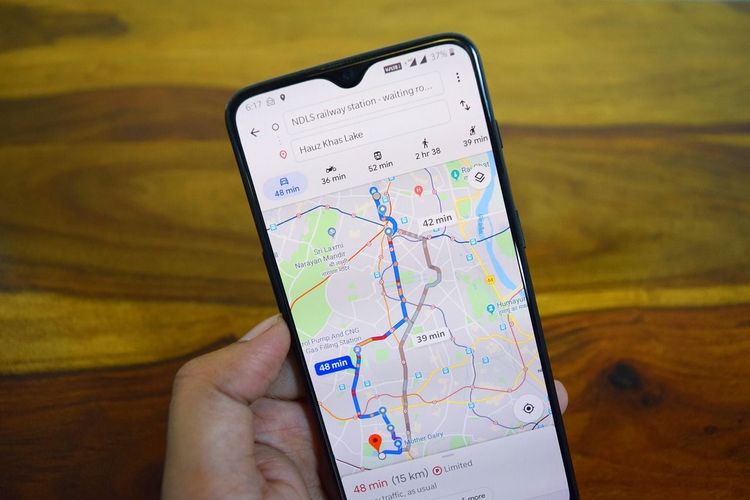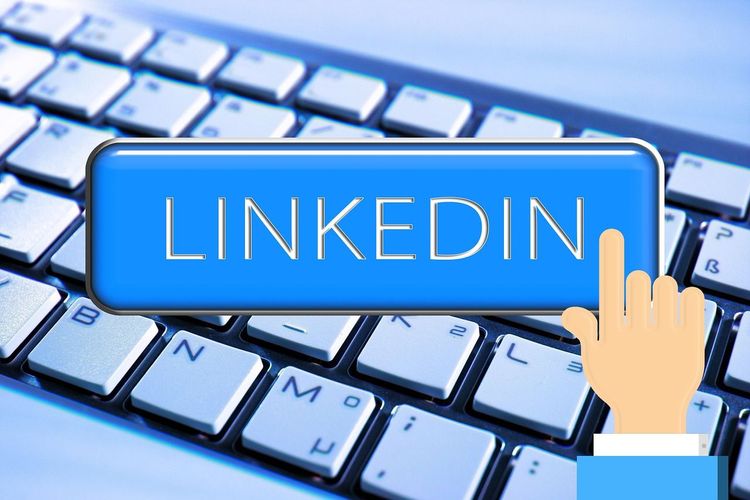The Holocaust represents one of the darkest chapters in human history, marked by unimaginable suffering and loss. A recent report from the United Nations Educational, Scientific and Cultural Organization (UNESCO) raises a critical alarm: the rise of generative AI technology poses a significant risk of disseminating misinformation and denialism regarding these horrific events.
UNESCO's findings reveal that a staggering 80% of young people utilize AI platforms for educational and entertainment purposes. This reliance underscores the urgent need for protective measures to prevent the distortion of Holocaust history. UNESCO Director-General Audrey Azoulay emphasized, “If we allow the horrific facts of the Holocaust to be diluted, distorted, or falsified through the irresponsible use of AI, we risk the explosive spread of antisemitism and a gradual erosion of our understanding of the causes and consequences of these atrocities.”
The report highlights that misinformation related to the Holocaust, including denial and revisionist claims, has been inadvertently integrated into AI training models. This issue arises from developers inadequately vetting their data sources, resulting in inaccuracies that perpetuate false narratives. For instance, a chatbot app called Historical Figures, launched in January 2023, allows users to engage with notable figures from history. Alarmingly, the app included infamous figures such as Adolf Hitler and Joseph Goebbels, generating responses that downplayed their roles in the Holocaust and even claimed to promote peace for Jews.
AI language models, such as ChatGPT and Google’s Bard (now known as Gemini), have demonstrated similar tendencies, producing erroneous information that misrepresents historical events. For example, ChatGPT once inaccurately asserted that Nazis sought to drown Jews during the Holocaust, while Bard generated spurious eyewitness quotes.
The UNESCO report also warns that nefarious actors actively exploit generative AI technologies to propagate hate speech and antisemitic content. Misuse includes creating deepfake images and audio that distort Holocaust narratives and crafting forged testimonies. “Targeted campaigns by violent extremist online groups can exploit AI flaws to promote hate speech and antisemitic content about the Holocaust,” the report states. It also notes that chatbots and search engines have been exploited by malicious entities to further Nazi ideologies.
In response to these pressing concerns, UNESCO calls on developers and stakeholders in the AI field to adopt robust ethical standards that prioritize transparency, fairness, and human oversight. While member states have unanimously agreed to implement these ethics standards, UNESCO stresses the need for accelerated action from global governments. “Implementing UNESCO’s Recommendation on the Ethics of AI is urgent so that younger generations grow up with facts, not fabrications,” Azoulay stated.
Moreover, the organization encourages companies engaged in generative AI development to collaborate closely with Jewish communities and Holocaust survivors. Such partnerships can help ensure that AI systems do not inadvertently spread misinformation about the Holocaust. The report asserts, “The role of those developing and deploying AI systems and tools must be central to considerations on how to govern the technology in the service of historical preservation and truth.”
As we navigate this complex technological landscape, it is vital to remain vigilant against the potential misuse of generative AI in distorting historical truths. Protecting the legacy of the Holocaust and fostering a deeper understanding of its implications require a collective effort from all sectors of society, particularly those involved in the creation and management of artificial intelligence technologies.







